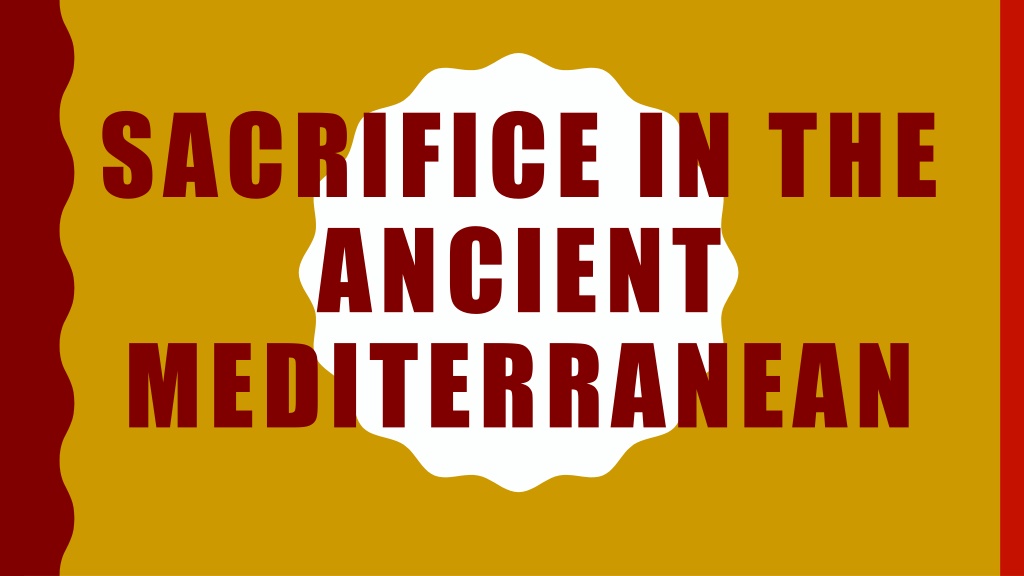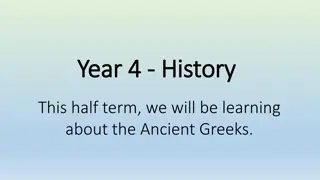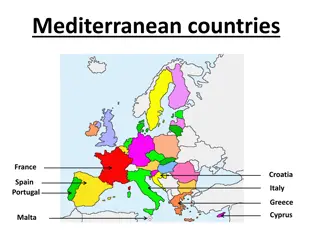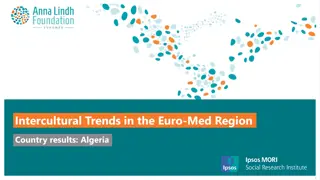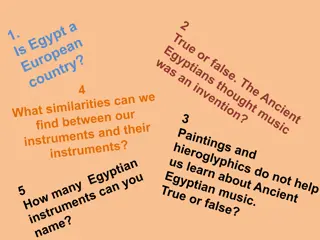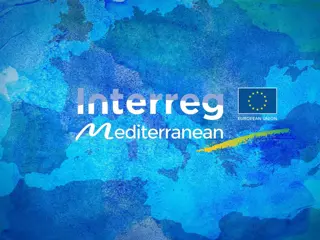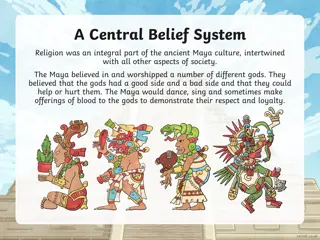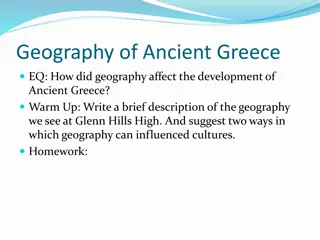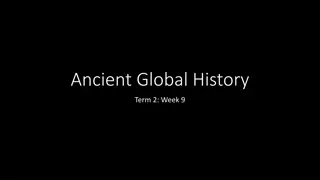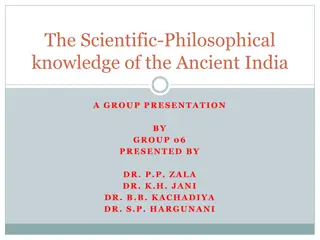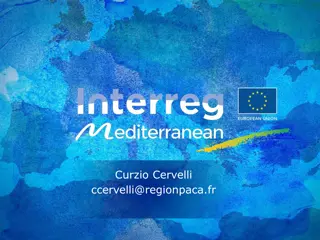Ancient Mediterranean Sacrifices
Sacrifice in the ancient Mediterranean was a common practice with origins in hunting guilt. From ancient Greek and Roman sacrifices to Egyptian and Druidic rituals, various societies engaged in offerings to deities for different purposes. While modern practices have shifted, exploring historical perspectives on sacrifices can provide insights into cultural and religious practices of the past.
Download Presentation

Please find below an Image/Link to download the presentation.
The content on the website is provided AS IS for your information and personal use only. It may not be sold, licensed, or shared on other websites without obtaining consent from the author.If you encounter any issues during the download, it is possible that the publisher has removed the file from their server.
You are allowed to download the files provided on this website for personal or commercial use, subject to the condition that they are used lawfully. All files are the property of their respective owners.
The content on the website is provided AS IS for your information and personal use only. It may not be sold, licensed, or shared on other websites without obtaining consent from the author.
E N D
Presentation Transcript
SACRIFICE IN THE ANCIENT MEDITERRANEAN
INTRODUCTION What was sacrifice in the ancient Mediterranean? Why did people sacrifice? How does it relate to modern day?
WHAT IS SACRIFICE? Sacrifice: An act of slaughter as an offering to a deity. Uses: Thank the gods Ask for gods help Celebrate the gods in religious festivals Origins: Guilt from hunting
ANCIENT GREEK AND ROMAN SACRIFICES Polytheistic societies 12 main gods Over 400 minor gods Usually sacrificed domestic farm animals Animal meat would be eaten - Fat and offal burnt for the gods Occurred during: - Jean-Auguste-Dominique Ingres, 1827 The Apotheosis of Homer Wars - Festivals - Home -
OTHER SACRIFICES: EGYPT Ancient Egypt, from Herodotus, Histories II: Sacrificed bulls Examined by Priests & marked Beheaded and carcass stuffed Herodotus: Father of History and Father of Lies Plutarch (Ancient Roman historian) coined Herodotus Father of Lies Some of Herodotus accounts appear to be fanciful HOWEVER: Herodotus travelled around the world to better understand Often uses first-person voice to admit he doesn t know whole truth
OTHER SACRIFICES: DRUIDS Druids, from Caesar s Gallic War VI: Human sacrifices Used for those with severe diseases or injuries in war Sacrifices criminals in a wicker man Julius Caesar: trustworthy source or not? Caesar fought against Gauls Partially in Gaul to further political agenda Gallic War written as memoirs Accurate or not?
SACRIFICE TODAY Now, few religions practise/promote sacrifice UK Laws: UK and EU slaughter regulations set minim welfare standards at slaughter and require all animals to be pre-stunned before slaughter to minimise their suffering. Member States may exempt slaughter in accordance with religious beliefs from the pre-stunning requirement and the UK implements this derogation. , UK House of Commons Library, [accessed 15-08-2022] Read the case study of Church of the Lukumi Babalu Aye v. City of Hialeah (1993) Why might people object to sacrifice today? Would ancient sacrifices be allowed today? Consider both the case study and the UK laws above
